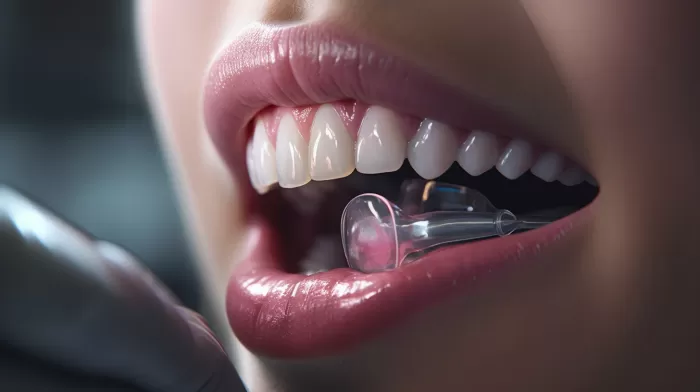Over the years, you may have heard a thing or two about the dangers of amalgam fillings—fillings made with mercury and other heavy metals. People with these fillings have linked them to a variety of health problems such as migraines, chronic fatigue syndrome, and even serious neurological conditions like multiple sclerosis. It’s no wonder—mercury is one of the most toxic substances known to man. So why would you want a mouth full of it?
For a long time, complaints about amalgam fillings were brushed off by scientists and doctors because there wasn’t enough research to prove that they were contributing to health problems. The latest study from the University of Georgia, however, has shed new light on the potential connection between fillings and your health.
A Growing Body of Evidence
In a study that collected data from 15,000 participants, researchers made an undeniable connection between amalgam fillings and mercury exposure. The study showed that people with eight or more fillings had 150 percent more mercury in their blood than those with none. This is especially concerning since about 25 percent of the population has 11 or more fillings.
University of Georgia researchers said that while low levels of mercury exposure are unlikely to cause health problems, it’s important to limit exposure when possible. Other sources of mercury, like seafood, can also contribute to your overall levels, so it’s important to take all factors into consideration.
A Closer Look at Inorganic Mercury
One issue that has come to light is the form of mercury found in amalgam fillings. The fillings are composed of inorganic mercury, which is more toxic than the organic mercury found in seafood. This means that the mercury in your fillings could be more harmful for your health than we originally realized.
Choosing a Healthier Alternative
If you’re looking to reduce your exposure to mercury, consider avoiding mercury fillings altogether. There are alternatives available, like composite resin fillings, that can be just as effective without the potential health risks.
Biological Dentistry and Mercury Detox
For those who already have amalgam fillings, you may want to explore the option of having them removed by a biological dentist. Biological dentists consider the overall health implications of any work they do in your mouth and can help you navigate the process of removing your mercury fillings and choosing healthier alternatives.
Detoxifying from Mercury Exposure
In addition to removing amalgam fillings and avoiding mercury exposure in the future, there are a few steps you can take to help your body detoxify from its current mercury levels. Here are some tips to help support your body’s natural detoxification processes:
- Improve gut health: Focus on incorporating probiotic foods and supplements to ensure your digestive system is functioning optimally. This can help expel toxins, including mercury, from your body.
- Eat mercury detoxifiers: Include foods like cilantro and garlic in your diet, as they have been shown to help your body eliminate heavy metals.
- Supplement with chlorella: This natural supplement acts as a detox agent for heavy metals. It can help support your body as it works to eliminate mercury.
- Sweat it out: Perspiration is one way the body can release heavy metals, so try to get regular exercise or relax in a sauna to aid the detox process.
- Stay hydrated: Drinking purified water is a simple but effective way to flush out toxins and support overall health. Be sure to drink plenty of water throughout the day.
The Takeaway
There is growing evidence that amalgam fillings may contribute to health problems due to increased mercury levels in the body. To limit your exposure, consider avoiding mercury fillings in favor of safer alternatives like composite resin. If you already have mercury fillings, consider working with a biological dentist to explore your options and take steps to support your body’s natural detoxification processes. By taking a proactive approach to your dental health, you can help protect your overall wellness.



![8 Simple Rules to Refresh Your Body with a Healthy Cleanse [See Pictures]](https://naturalhealthreserve.com/wp-content/uploads/2024/01/8-rules-healthy-cleanse-slideshow-300x168.webp)